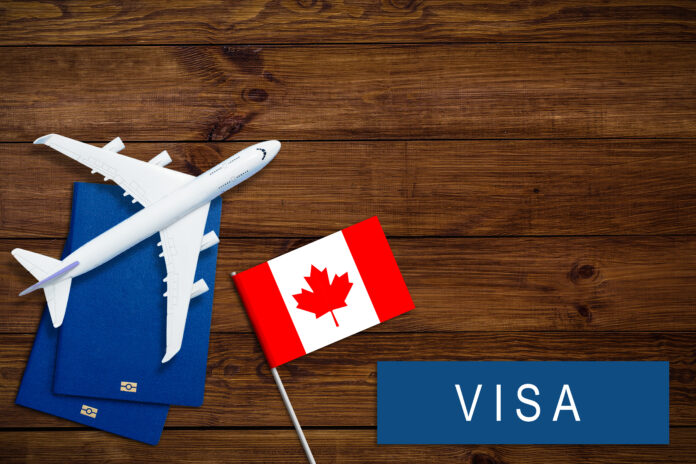
Canada enacted new regulatory changes that exclude most Mexican nationals from eTA eligibility on February 29, 2024.
In 2023, Mexicans represented 18% of total refugee claims in Canada, with conflicting views on approval rates. While government sources claim a majority of Mexican claims are abandoned, withdrawn, or rejected, data suggests increasing approval rates, now surpassing 50%.
The Background
Nationals of Mexico were visa-exempt until 2009, when a TRV requirement was imposed to address significant asylum pressures.
Canada reintroduced a full visa exemption for Mexican nationals in 2016. Since that time, all Mexican nationals are required to apply online for an eTA before flying to Canada. An eTA application seeks less information from an applicant and is less costly than a TRV application. Commensurate with the lower level of risk these clients are assumed to pose, biometrics are not collected, nor are passports systematically inspected by an officer during eTA processing. While the decision to remove the TRV requirement in 2016 has resulted in increased mobility for hundreds of thousands of genuine Mexican visitors, and significant benefits to Canada, it has also generated unsustainable migration challenges.
Read More Canada Immigration News
Canada Launches Two New Pilots, To Make RNIP Permanent
British Columbia Issues 156 Canada Immigration Invitations In New PNP Draw
Alberta Targets Healthcare Workers With 33 Canada Immigration Invitations
Record levels of asylum intake have been received from Mexican nationals, reaching over 24 000 claims in 2023 (or 18% of total asylum intake in Canada). Most Mexican claims are made at airports on arrival, an indication that claiming asylum, not visiting, was the true purpose of travel. The majority of Mexican claims are abandoned, withdrawn, or rejected by the Immigration and Refugee Board of Canada (IRB).
The regulatory amendments remove Mexico from the schedule of countries and territories whose nationals are exempt from the TRV requirement for travel to Canada under the Regulations.
The amendments also add Mexico to the list of countries and territories whose nationals may be eligible to travel to Canada on an eTA if they are travelling by air and have held a Canadian TRV in the last 10 years or hold a valid U.S. non-immigrant visa.
The eTA cancellation provisions are also amended to specify that the eTAs held by Mexican nationals remain valid provided that at the time the regulatory amendments came into force on February 29, 2024, they also hold a valid work or study permit. This protects the ability of existing Mexican students and workers to leave and return to Canada, under the previous policy.
Watch Video
IRCC is targeting processing Mexican TRV applications within 30 days, although an initial application surge may result in temporary delays.
Discontinuing eTA eligibility for most Mexicans is projected to incur a present value (PV) cost of $1.0 billion over the next decade, covering IT updates and decreased tourism.
Conversely, the anticipated benefit is estimated at $6.6 billion (PV) over the same period, driven by reduced asylum claims costs and CBSA enforcement.

